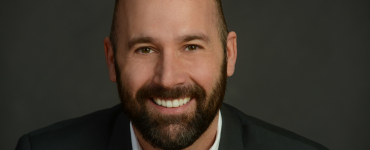The German Federal Cabinet has just adopted its Gigabit Strategy. Klaus Landefeld, eco Board Member for Infrastructure and Networks, comments (based on the draft that was under public discussion in early July):
“There is no alternative to the nationwide expansion of gigabit-capable Internet and it must be massively accelerated if we want to enable social participation and maintain Germany’s competitiveness. In the long term, we don’t need 1-gigabit networks, but 10-gigabit-ready fibre-optic networks. They should be made the actual standard for all TC networks to be built, so that our version of the gigabit society is then also competitive.
On the positive side, the gigabit strategy defines new approaches such as the gigabit land register and specific milestones for nationwide fibere roll-out by 2030. This goal must not be delayed any further.
I also welcome the fact that the coalition government now want to make the transition from copper to fibre-optic networks swift, competitive and consumer-friendly. This is a – long overdue – win-win situation for all of us, as fibre not only provides the bandwidths needed in the future, but also consumes around five times less energy compared to copper connections and thus contributes significantly to more sustainability. In particular, the parallel operation of these infrastructures must be reduced to a minimum.
In order for the many individual measures to really mesh and complement each other, it is important that all relevant actors work together. The German federal government seems to have recognised that nationwide expansion can only be achieved together and in close exchange between state actors such as the federal government, the federal states and local authorities and the industry. In particular, the federal government, the federal states and the municipalities must coordinate more closely with regard to the politically desired expansion targets in order to rapidly advance the gigabit expansion.
In particular, the much-needed acceleration in building and planning can only be achieved in practice if building law procedures are finally digitalised, approval requirements are eliminated, and similar bureaucratic simplifications are made. The central challenge in fibre optic expansion remains to get the necessary empty conduit routes into the ground quickly and at economically viable conditions without getting stranded in lengthy discussions with the municipalities.
The planned revision of the funding law also makes sense, so that it becomes more practicable and manageable. Unfortunately, I have concerns about an emerging conflict of objectives between the companies’ own economic expansion and the funding wishes of the federal states and municipalities, which will continue to struggle for scarce civil engineering resources.”



